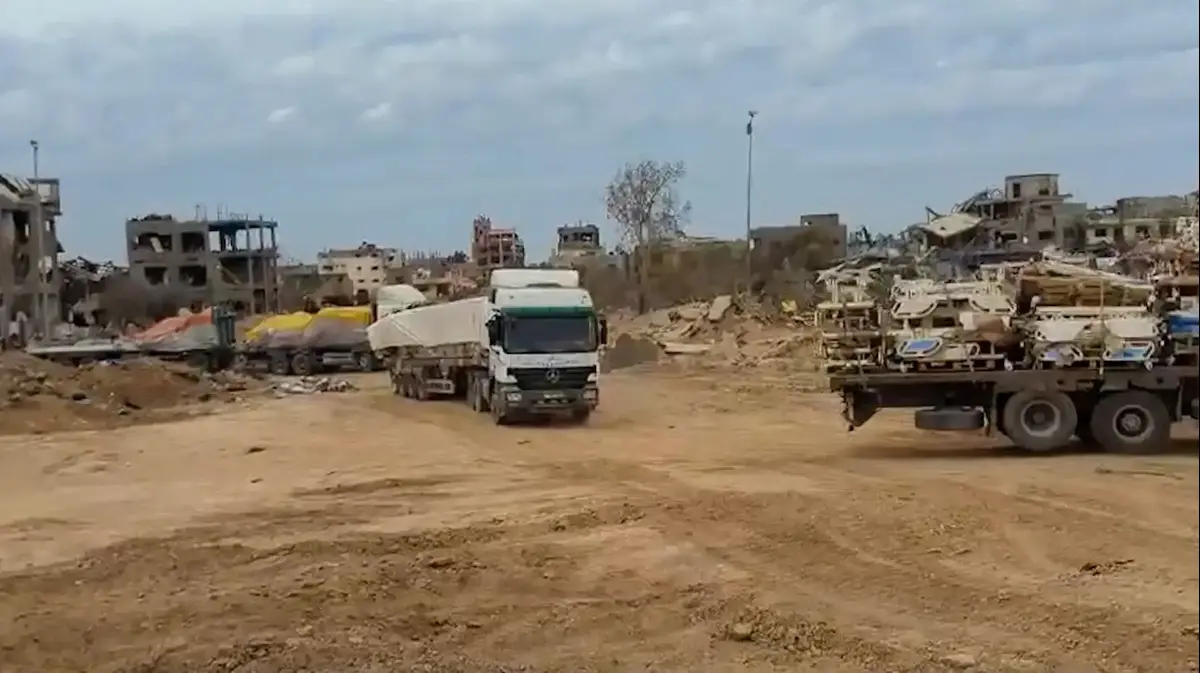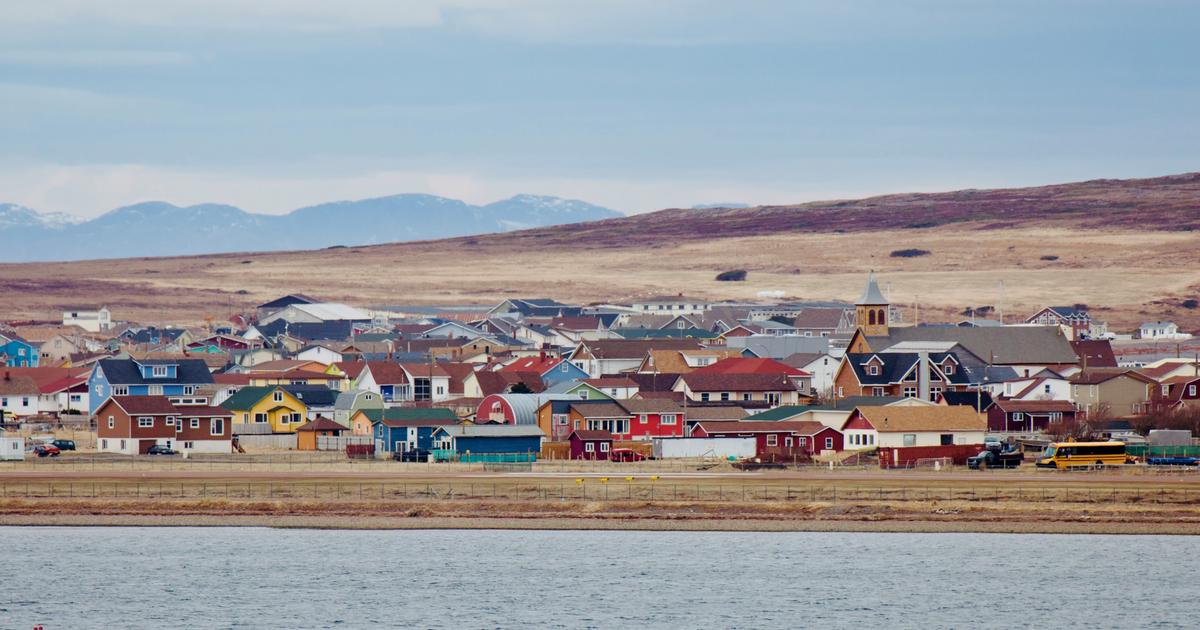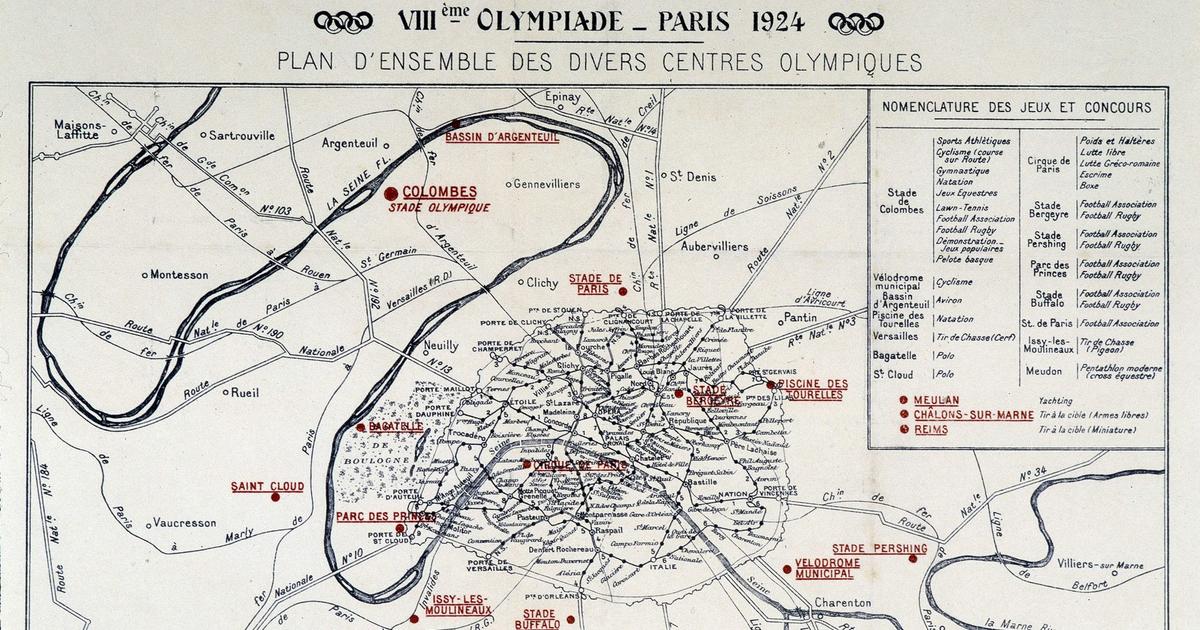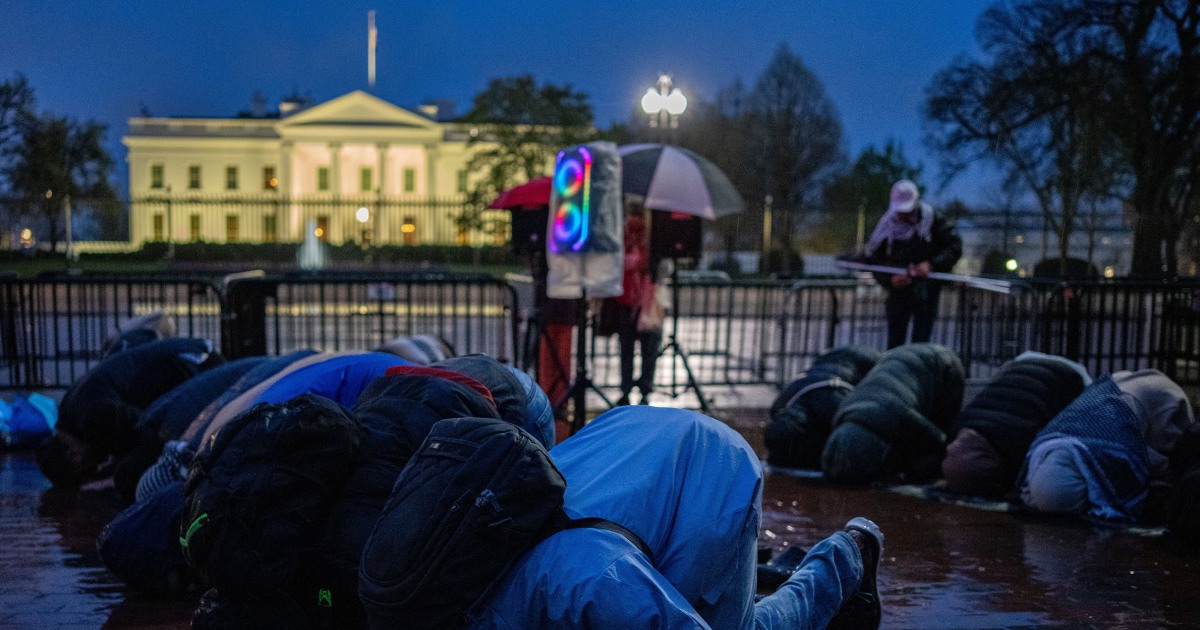District 18 News
Written by: Zeng Xuewen
2020-07-15 21:26
Last update date: 2020-07-15 22:13With the approval of the Legislative Council in March this year for the public housing site formation and infrastructure projects of the Heng Chau Project, the three villages of Heng Chau (Yongning Village, Fengchi Village, Yangwu New Village) in Yuen Long were originally scheduled for land resumption today (15th). A number of plainclothes patrolled three villages in Hengzhou this morning, and accompanied the staff of the Lands Department to enter the village Ouyang's house and put up a notice. After the land was delayed for two weeks, the villagers were ordered to move out before July 29.
Some left-behind villagers lamented the physical and mental fatigue caused by the entanglement with the government in the past 5 years. "For five years, the physical and mental fatigue have been exhausted. I think it is so good today." The Land Justice Alliance team that has been assisting the left-behind villagers said that the Hengzhou shady has not been dealt with so far. The government only accepts non-indigenous places, and does not deal with the problems of recultivation and resettlement. Many neighborhoods still do not have good "landing arrangements". , Emphasizing "It is the government's responsibility to maintain the original lifestyle of villagers."
The Land Justice League team, which has been assisting the left-behind villagers, said that the Hengzhou shady has not been dealt with so far. The government only accepts non-indigenous places, and does not deal with the problems of recultivation and resettlement. Many neighborhoods still do not have good "landing arrangements." (Photo by Zheng Zifeng)
Villagers in three villages in Hengzhou have been fighting for five years from the “shady screen” of the government’s expropriated land to being forced to apply for agricultural relocation, and the forced demolition is imminent. At present, 52 households have not received any resettlement. Some left-behind villagers admit that since they lived in fear and anxiety in 2015, the government has refused to deal with it in a human way, and only dealt with land acquisition arrangements in accordance with the "established procedures".
The three villages of Hengzhou were originally scheduled for land resumption today (15th). The plainclothes police stood early at the village entrance for an unknown purpose. The villager Wu Jingxian (also known as Ouyang Tai) of Fengchi Village struggled to maintain his "daily life". He found clothespins from the house and fixed the "Hengzhou Concern Group" composed of iron branches and branches. The old dog Happy of Ouyang's family guards the door, and occasionally she and her husband Ouyang Yuan are frowning. Everyone was waiting for government officials, fidgeting, Ouyang's cat, hesitantly sniffing the smell of strangers in the house.
Staff of Lands Department left after posting notice
Mr. Ouyang said that since 2015, when the government forcibly took over the land, the family has lived in fear and anxiety. Last night, the last night of Hengzhou was scheduled. Mr. Ouyang said that everyone is living as usual. A pastor came to Ouyang’s house to pray for Hengzhou. Mr. Ouyang has two daughters, who are temporarily in the school teacher’s home. He said that the children still do not understand the reason for forced displacement. "If you don’t think it’s achievable, the children will be fine." Mr. Ouyang, who was left at home, was worried about where he was going. Perhaps the staff of the Lands Administration came to seal the house, and the family was carried away by the police. This night, they were homeless. He sighed, "There are people who haven't been arrested. It's a matter of being good with the government. There is risk in telling the truth."
At 10 o'clock in the morning, the Lands Department sent an officer with plainclothes police into the village, and hurriedly left after posting a notice outside the Ouyang family gate. The notice ordered the villagers to move before July 29, and there was no communication with the Ouyang family during the process. "Why not wait for my department to leave," Wu Jingxian said with grief and indignation. Fifty years ago, Wu Jingxian's wife bought the land of Fengchi Village from the original residents, and the family built a family here, and Wu Jingxian was born, raised, married and had children here. However, since the Hong Kong Government decided to reclaim the land in Heng Chau to build public housing, and "find it out" to the original residents, it abandoned the recovery of 33 hectares of brown land in the north of Heng Chau and switched to the three villages of Heng Chau where non-indigenous residents lived, a family of four generations. Since then, stability is no longer. Wu Jingxian did not understand why the government only collected non-indigenous land. It was unclearly extended to August 3, 2017. The government recovered 60% of the private land in the three villages and began to count down the days of forced demolition.
The left-behind villagers questioned the government’s apparent tolerance for two weeks, but in fact refused to listen to the villagers’ claims, claiming to follow the “established mechanism”, but even if they cooperate with the verification of farmland qualifications and accept agricultural relocation (commonly known as the “recultivation card”), they need The parties find another vacant land. (Photo by Zheng Zifeng)
Dissatisfied with the "recultivation card" but have to find land on their own
Mr. Ouyang said that he would stay behind, "it is reasonable to continue to defend his homeland." He pointed out that he questioned the government’s apparent tolerance for two weeks, but in fact refused to listen to the villagers’ claims, saying that it was done according to the “established mechanism”, but even if they cooperated with the verification of farmland qualifications and accepted agricultural relocation (commonly known as the “recultivation card”), they The parties need to find another open space. He had hoped to select an open space under an overpass, but was rejected by the authorities. He criticized that the Basic Law protected private property, but now there is nothing in the compensation mechanism that can guarantee the villagers to maintain their original lives. "Of course I don't object to public housing. I'm asking you to go back to your house and live back to your original life."
+4
+3
+2
At the press conference, Wu Zhuoheng, the secretary of the Land Justice Alliance, pointed out that the Hengzhou shading has not been handled so far, and no accountable officials have resigned from accountability for the "Guanshang Xiang Hei" incident. There are still many unclear areas in the incident. For example, the government only accepts non-indigenous residents, and does not deal with the problems of recultivation and resettlement. Many neighborhoods still do not have good "landing arrangements" so that neighborhoods cannot maintain their original rural lifestyle. "It is the government's responsibility to maintain the original lifestyle of the villagers."
District Councillor: The Rural Party also supports the "Unresolved Stop Clearance" motion
The Tumeng Executive Committee and Yuen Long District Council member Guo Guoquan said that in May this year, the Yuen Long District Council Housing and Urban-Rural Planning and Development Committee passed the "unresolved suspension of demolition" motion, and even the Rural Party also supported the relevant motion. However, the government ignored the relevant motions and is still forced to demolish it today. On behalf of all colleagues in the Yuen Long District Council, he will continue to support villagers until all problems are resolved before the government can start construction.
Villager Wu Jingxian said frankly that he only hopes to maintain rural life. She criticized the authorities for requisitioning land on the grounds of building public housing, but only sacrificing the homes of non-indigenous residents is tantamount to bullying the weak. She reprimanded the government for avoiding its cemeteries and brownfields because of the opposition of the original residents. When the consortium hoarded the land in Hengzhou, the government did not reclaim the land in accordance with the law, but reclaimed the homeland of the non-indigenous people, criticizing the authorities for bullying the weak. "It's been 5 years since the procrastination. I was physically and mentally exhausted. I think it's so good today." Where is my home? The villager asked the same question for 5 years, but still has no answer.
The cats and dogs of the Ouyang family guard the gate. (Photo by Zheng Zifeng)
The Hengzhou public housing project originated in 2013, when the government intended to build 17,000 public housing units on brown land in northern Hengzhou. However, the government and local rural people repeatedly "finished" afterwards, and plans to reduce it to 4,000 units. In addition, many brownfields have been excluded from the scope of development and replaced by green belts including Yongning Village, Fengchi Village and Yangwu New Village. Since the brownfields involved were owned by rural people, the government was subsequently widely criticized for succumbing to the interests of squires, and changed to "operating" on non-indigenous residents. The government emphasizes that 4,000 units are only the first phase of the development of the Heng Chau project. The second and third phases will still be developed in the future, and the total number of residential buildings to be built is the original 17,000, which is expected to be completed as soon as 2033.
The land resumption arrangement in Hengzhou is not ideal
The Finance Committee approves the vote of 1.8 billion Heng Chau project before the vote, there is no ringing alarm and need to re-vote
The completion of the 13,000 public housing units in the second phase of Heng Chau extended 6 years to 2033 and involved 7.5 hectares of brownfields
[Hengzhou Land Resumption] The General Assembly put aside financial and accounting renewal of 2.4 billion yuan Hengzhou Project Appropriation
Legislative Council members inspected villagers and brownfield operators of Hengzhou Phase II and Phase III development sites
Heng Chau Public Housing Dispute Recovering Land Regulations Green Belt Yuen Long Community Policy Planning Urban Planning Urban-rural Symbiosis

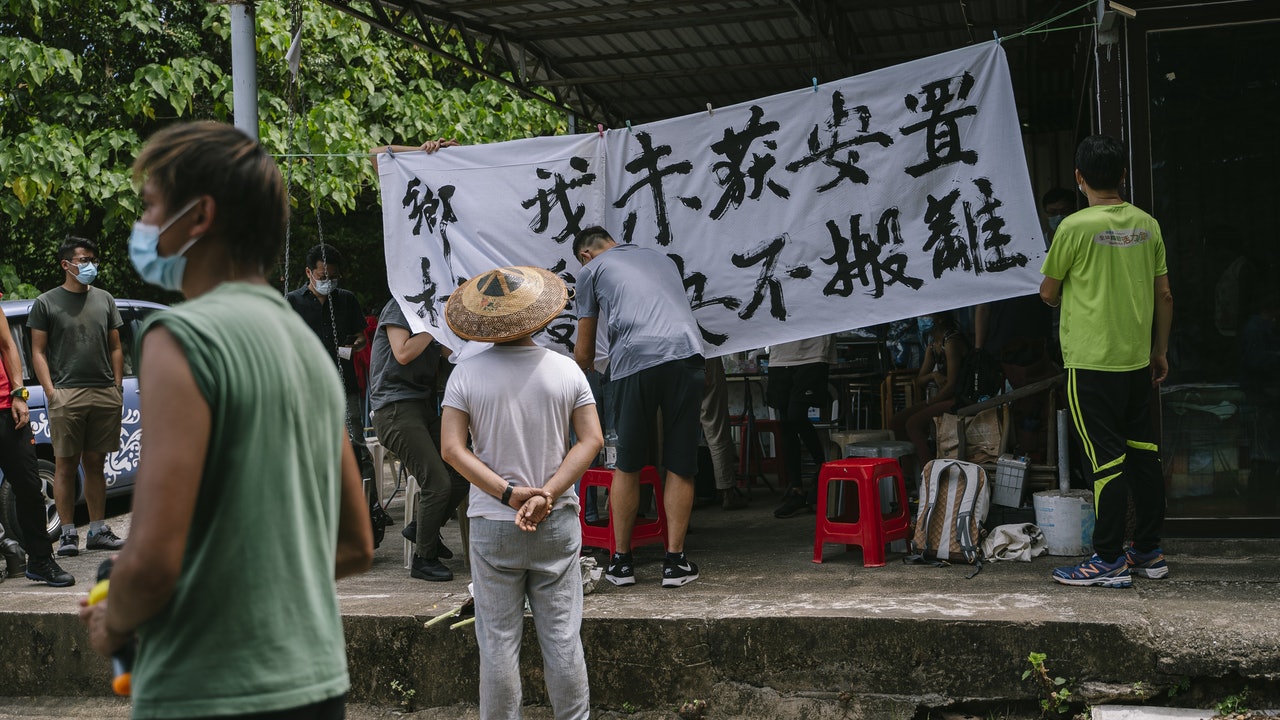

/cloudfront-eu-central-1.images.arcpublishing.com/prisa/GY5WY3M6IBEB3CEXADBE6ON6KM.jpg)
